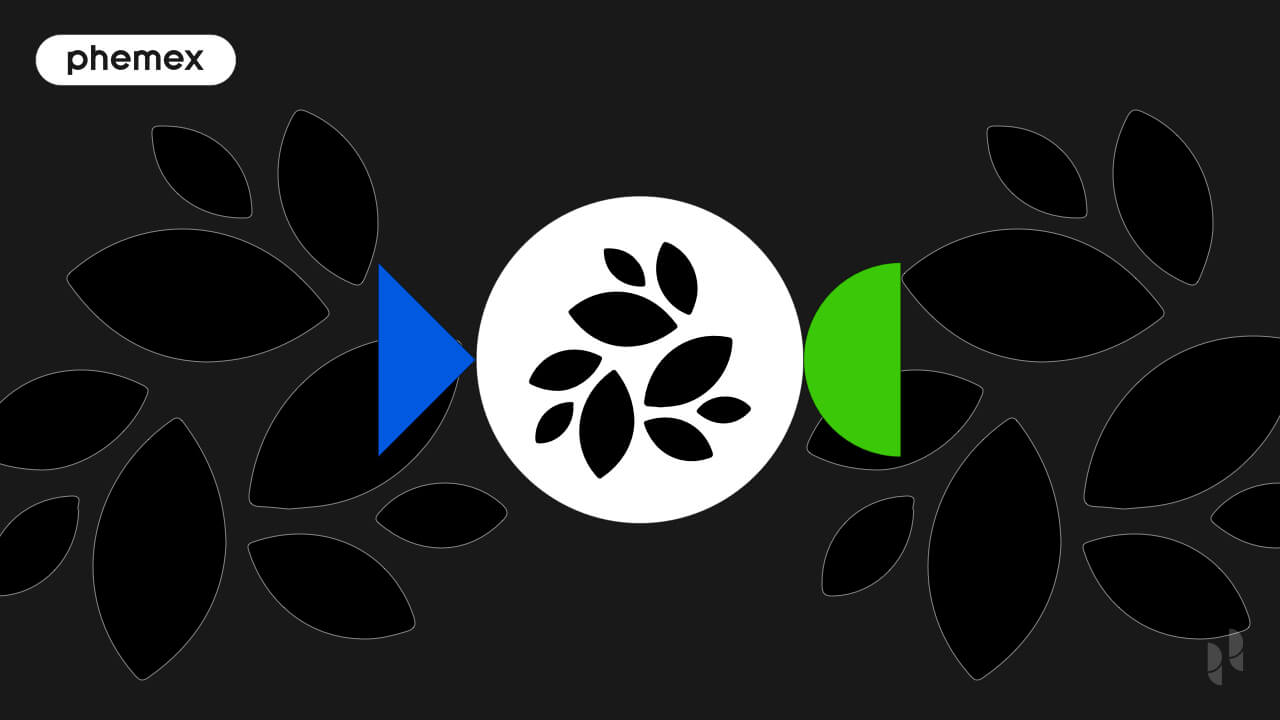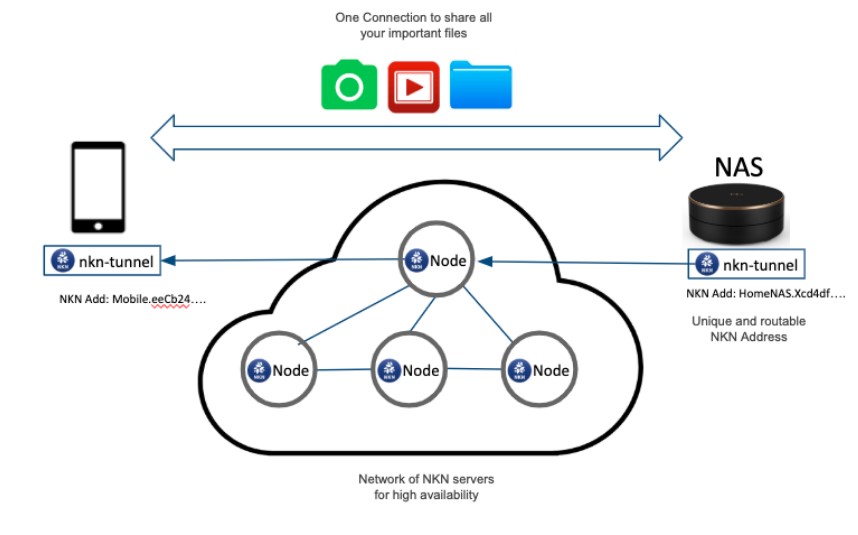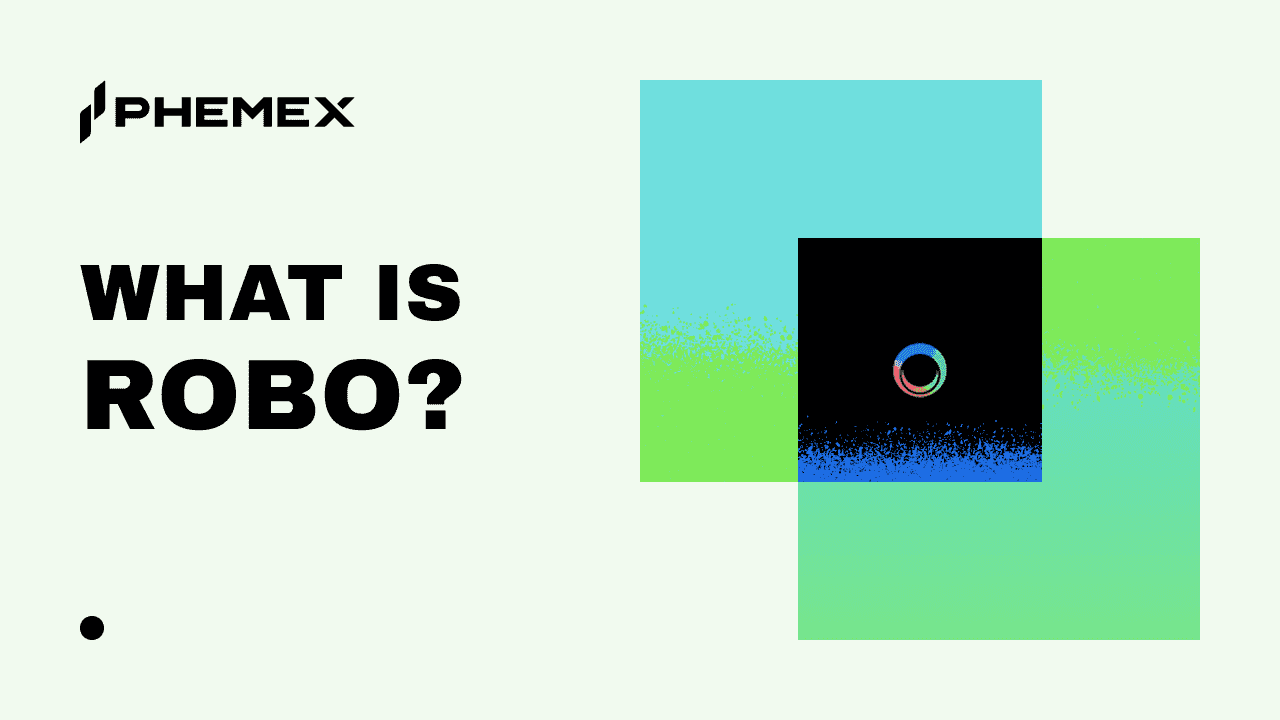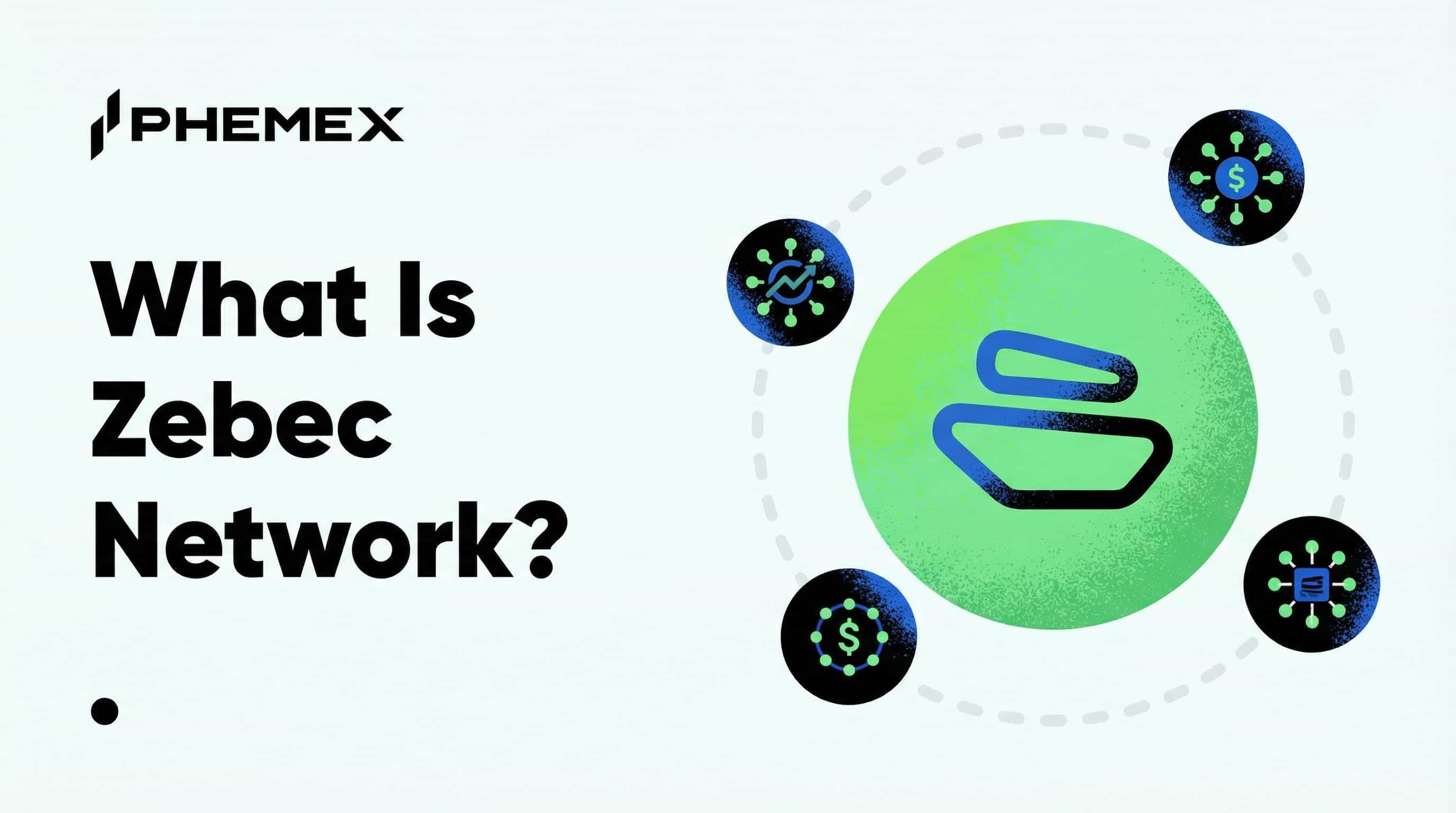Summary:
- New Kind of Network, or NKN, is a public blockchain that aims to decentralize the internet by leveraging blockchain technology to replace the existing centralized client-server model with a decentralized P2P network.
- One of its apps, nConnect, has enabled employees to work from home in 2021 without the typical threats of malicious attacks and security leaks that plague remote working.
- NKN uses a revolutionary PoR (Proof-of-Relay) consensus algorithm in which nodes participate to share bandwidth and secure the network.

There are more than 5.3 billion internet users worldwide. The problem with the global internet is that to transfer or access data on the internet today, we have to rely on centralized client-server models that are subject to single points of failure and 3rd party approval, rendering users vulnerable to downtime, DDOS attacks, and spoofing.
Few projects have attempted to decentralize the internet and one of them is “New Kind of Network” (NKN).
The NKN crypto token is currently trading at $0.10 and the circulating supply is 700 million. The NKN crypto market cap is currently $70 million.
What is the New Kind of Network (NKN)?
New Kind of Network is a public blockchain that aims to decentralize the internet by replacing the existing centralized client-server model of internet and telecoms networks with a P2P network. Its rapidly growing network of 123,000+ nodes in over 60 countries makes it the largest blockchain in terms of number of nodes (more than Bitcoin or Ethereum), all passing data amongst each other without a centralizer server.
Through partnerships with China Mobile and iQIYI, the NKN blockchain has provided P2P networking infrastructure for millions of people. Users, in turn, are incentivized to share network connections and utilize unused bandwidth, and earn token rewards in return–in the form of its native NKN token.
An analyst report commissioned by NKN describes it like this: Imagine three pillars of infrastructure undergirding Web 3.0: Computing, storage and networking. Ethereum and other smart contract platforms address the first pillar, decentralized file storage blockchains such as Filecoin and IPFS address the storage element. NKN addresses the third–a new networking layer.

Within the NKN project, there are apps such as “nConnect” and “nMobile” that allow users to connect and transfer files over the blockchain. The NKN network is DDOS-proof and has never experienced downtime due to the PoR algorithm and exorbitant fees required to attack the network.
Other strategic partnerships secured include tier-1 Network Attached Storage vendors Synology, QNAP and ASUS to launch nConnect globally–this had enabled employees to work from home in 2021 without the typical threats of malicious attacks and security leaks that plague remote working.
How does the NKN ecosystem work?
The NKN ecosystem is sizable, with dozens of apps and partnerships developed around its open-source technology–over 17 million transactions and 5 million blocks have been completed in the last three years since NKN launched.
Proof-of-Relay algorithm
In the NKN whitepaper, the project founders stated that they planned to become the “Uber of communication services”. The algorithm behind the NKN network is based on a Proof-of-Relay mining algorithm. Once a user activates the network, they can become a node and start mining NKN tokens.
Nodes in the NKN ecosystem send packets of data as a proof, hence the name Proof-of-Relay. Each peer has a “Global ID”. Once the data is sent, the Global ID of the peer allows them to access the content they were sent and/or participate in activities on a DApp.
For example, the nMobile app serves as a chatting app and a crypto wallet. Users can chat with their peers using their Global ID in a fully encrypted environment. They can also store their crypto coins and send them to peers on the network.
The NKN system is fully serverless and anyone from around the world can participate as a validator node. With a large web of nodes, the network boasts impressive uptime.
Most important of all, NKN uses multiple open-source protocols. These protocols have different codes that differ according to functionality, but they are based on the same principles. NKN DApps can be used on a NAS (Network Attached Storage) device, mobile phone, or desktop PC.
nConnect Protocol
The core protocol in the NKN network is the nConnect protocol. nConnect allows users to transfer data on the blockchain level such as personal files and private keys–with high security. This protocol is fully P2P and works by connecting users through their NKN Global ID. Despite the transaction hashes being published publicly, only the people on the receiving end can access the files.

The files sent over the nConnect network are fully encrypted and users can have remote access to them as long as they have their NKN keys. Users can optionally upgrade their nConnect status to premium for $4/month in NKN token payments that provide them faster data transfers through low-latency validators.
nMobile Protocol
nMobile is a dual messaging and crypto storage wallet available for both iOS and Android. nMobile, as a core part of the NKN ecosystem, is fully decentralized and users communicate over the NKN blockchain system where the messages are encrypted and recorded.
The data being passed on the nMobile protocol is not sent to 3rd-party centralized servers, unlike apps such as Signal and Telegram that promise encryption but store user data on private servers. The mobile app is non-custodial, which means only users in possession of their private keys can access the messages sent from that Global ID.
Developer Tools
Developer tools are abundant on the NKN ecosystem and most code is open-source. For example, the dataRide source code is powering the nMobile system and developers can use it to build their own DApps on the Ethereum blockchain.
The NKN SDK (software development kit) is available in the world’s most famous programming languages including Python, C++, Golang, Javascript, and Java. The ecosystem has an abundant base of resources for technical documentation.
Who is behind the NKN Project?
New Kind of Network was co-founded by three programmers from Silicon Valley–Yanbo Li, Yilun Zhang, and Zheng Li. The team assembled in 2018 with an initial plan to decentralize the storage of digital content–similar to MegaUpload, but without a central server.
They later decided to make it blockchain-oriented and invented the NKN crypto token. The team ran an Initial Coin Offer (ICO) in 2018 in which they sold 4,100 NKN tokens per 1 ETH. The ICO was successful and sold out.
The mainnet and tools were released one year after the token ICO in 2019. Later, the project was funded by some of the largest VC investors in crypto including Arrington XRP Capital, Okex, Fenbushi, and BlockVC.
The team has partnered with China Mobile, a telecommunications giant. It also made partnerships with iQiyi, a Baidu-owned video streaming service with a large footprint on digital streaming.

What is the NKN Coin: Is NKN crypto a good investment?
A critical area to look into when analyzing a coin’s investment potential is its growth and adoption. In its 2021 annual report, NKN stated that its network grew from 30,000 nodes at the beginning of the year to over 123,000 nodes across 62 countries and regions by year end.
Powering this vast network is the NKN crypto coin, which runs as an ERC-20 token on the Ethereum network and is used for DApp payments and network fees. The maximum supply for NKN is 1 billion, out of which 700 million (70%) are currently in circulation.
The most popular apps in the NKN ecosystem such as nConnect, nMobile, etc, provide upgrades in NKN. Node providers who participate in the decentralization of the ecosystem are rewarded NKN tokens.
In this respect, the NKN coin is similar to Bitcoin (BTC) with a proof-of-work based system because users are providing work by sharing their bandwidth and “relaying” the data from P2P users. The rewards started at 18 million tokens a year and will be capped at 500,000 after two decades.

Historically, the coin launched at $0.40 and crashed to the $0.03-0.04 range before exploding in Q1 2021 during one of the largest crypto bull runs, reaching an all-time high of $1.31 in April 2021. Like most altcoins, the token performance of NKN is closely related to Bitcoin’s which is why when Bitcoin started trending down starting from early 2022, all other coins trended down similarly.
The NKN crypto token is currently trading at $0.10, representing a decline of over 90% from its all-time high, with a circulating supply of 700 million and a market cap of $66 million.
While some NKN crypto analysts are of the opinion that the NKN coin will chart an all-time high again during the next alt bull run, one can be certain that NKN’s price will only start to recover when Bitcoin’s picks up again.

Where to Buy New Kind of Network (NKN) Token?
Phemex offers both spot and contract trading for investors to choose from. However, for beginning crypto buyers, spot trading is recommended. To buy NKN on Phemex, follow the instructions below.
- The first step to buying cryptocurrency on Phemex is to go to the Phemex homepage, register for an account, and select Market.

- On the Markets tab enter NKN into the search bar on the top right, immediately after, the NKN/USDT trading pair will appear below – select Trade to move on to the next step.

- You will then be redirected to the Phemex trading platform for the NKN/USDT pair. To do a simple spot trade we recommend doing a market order where you can buy NKN at the market price. To do so, select Market, enter the amount of USDT you want to buy of NKN, and click Buy NKN.

Read More
- What is Nervos Network (CKB): One-Stop Shop for DApp Development
- What is the Quant Network: Interoperability Between Blockchains
- NuCypher: What does NuCypher use to protect your Data?
- What is Kyber? On-Chain Liquidity Protocol
- What Are Non-Fungible Tokens (NFTs): Introduction to NFTs
- What is Ankr Network: A Decentralized Node Hosting Solution
- What is NEM (XEM): The Unique Business-Grade Blockchain
- Klaytn: Moving Blockchain to Mass Adoption






